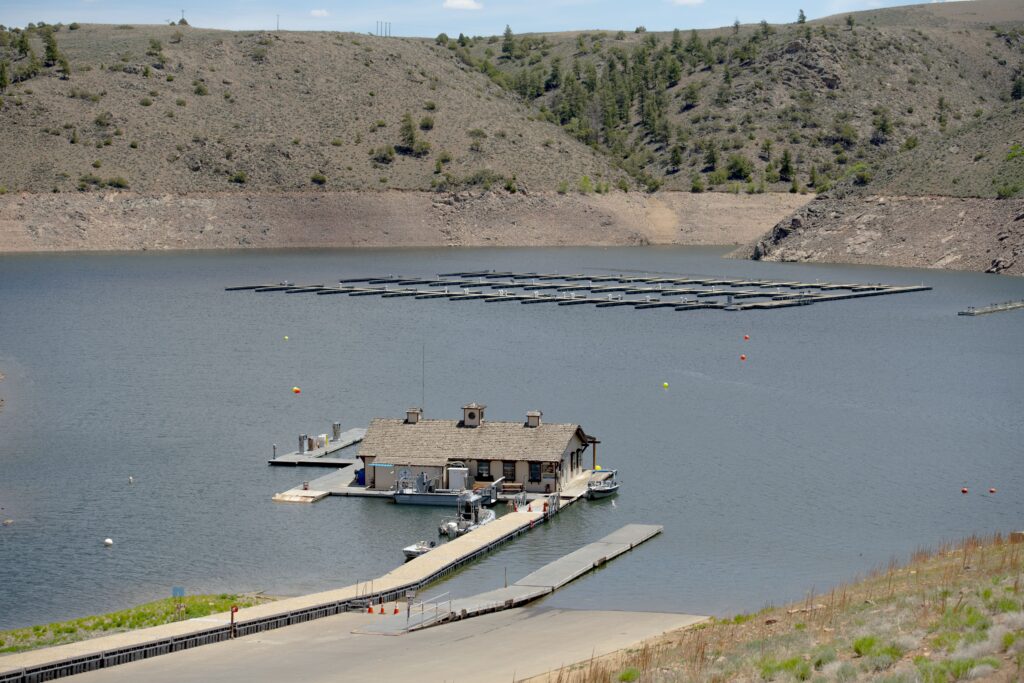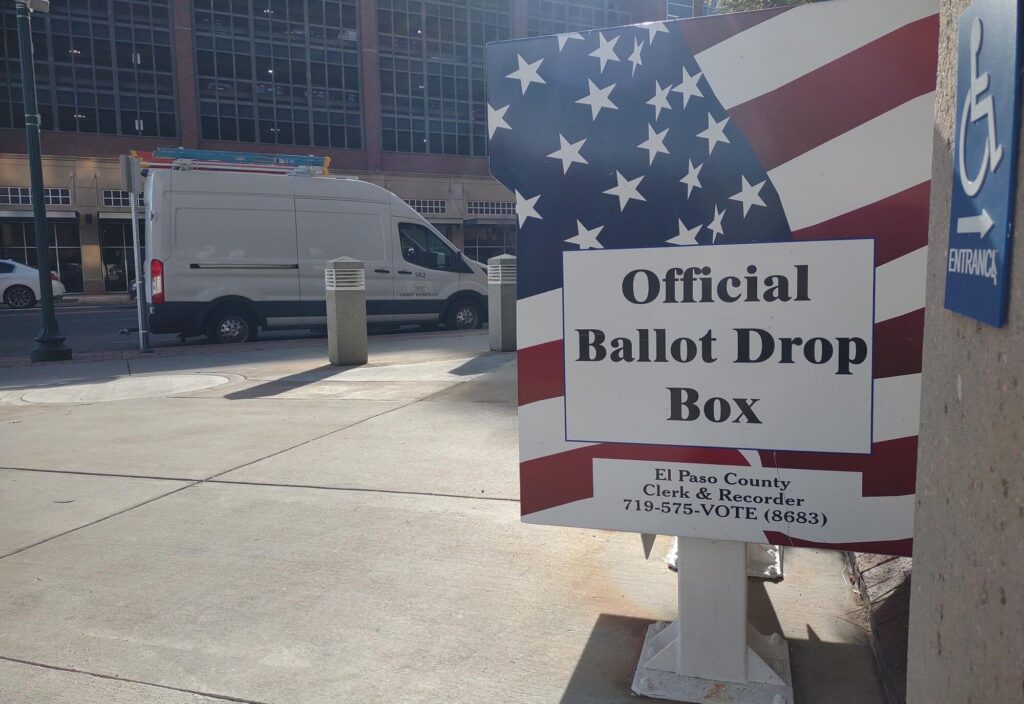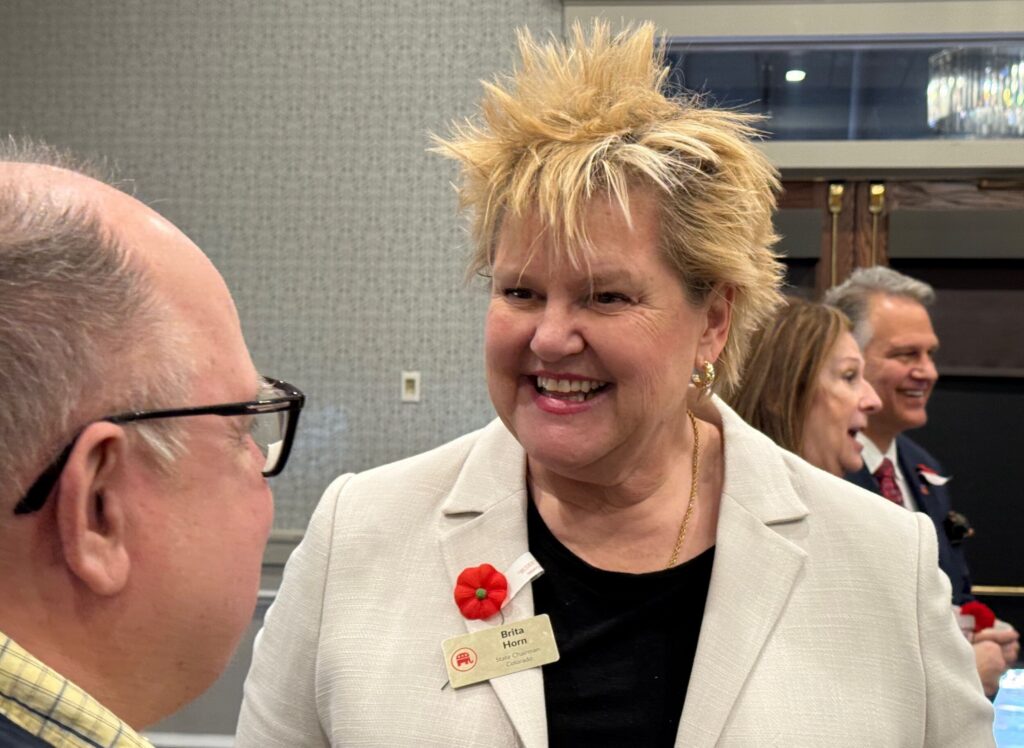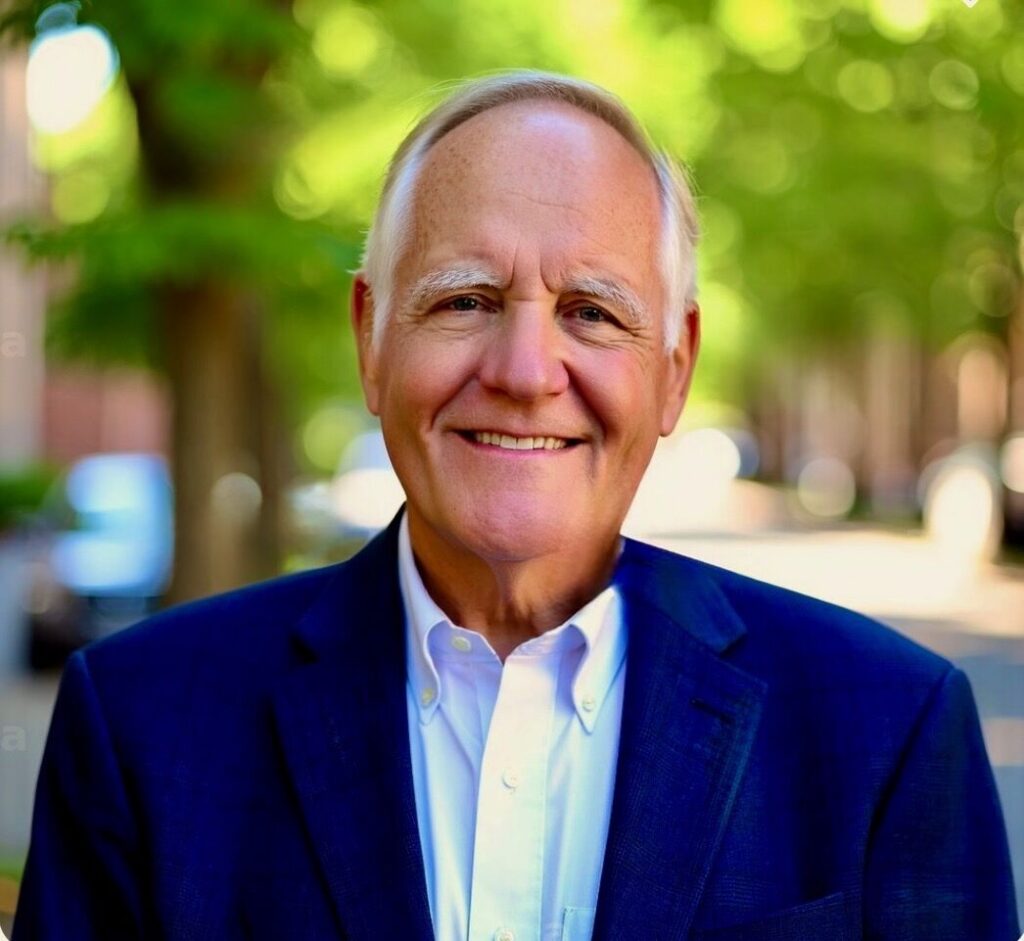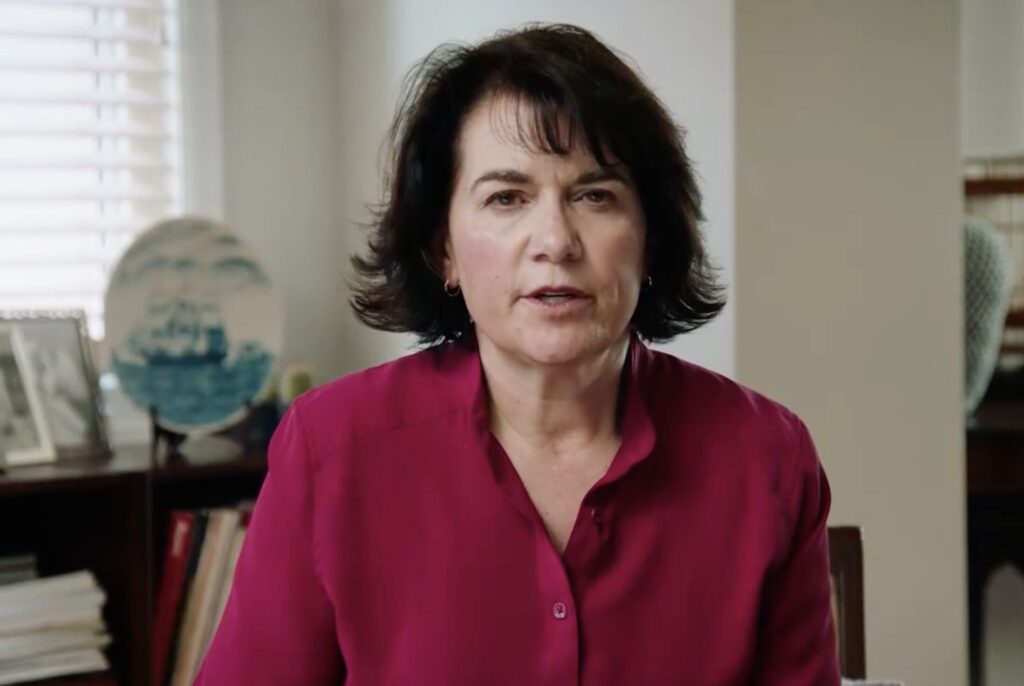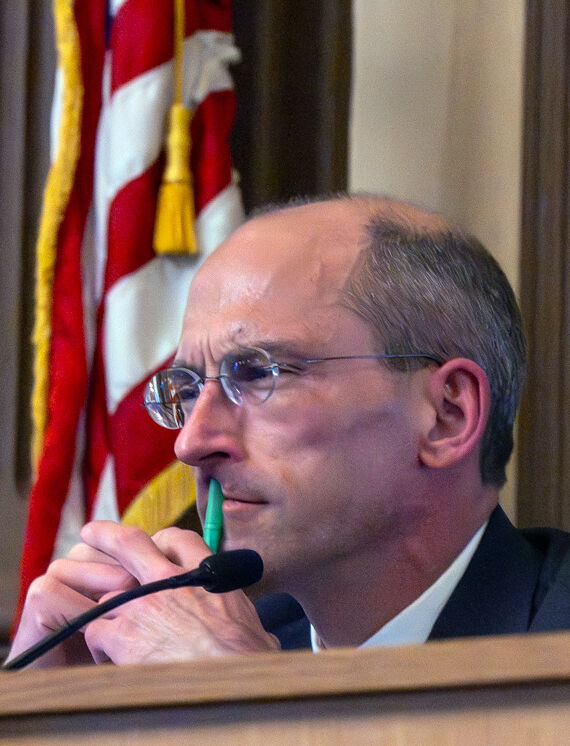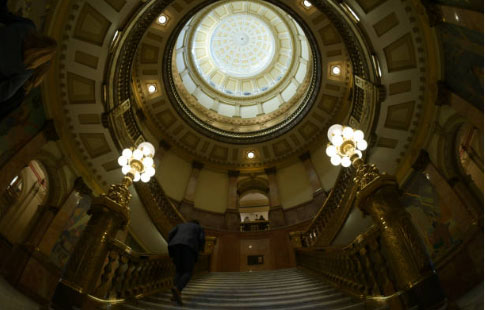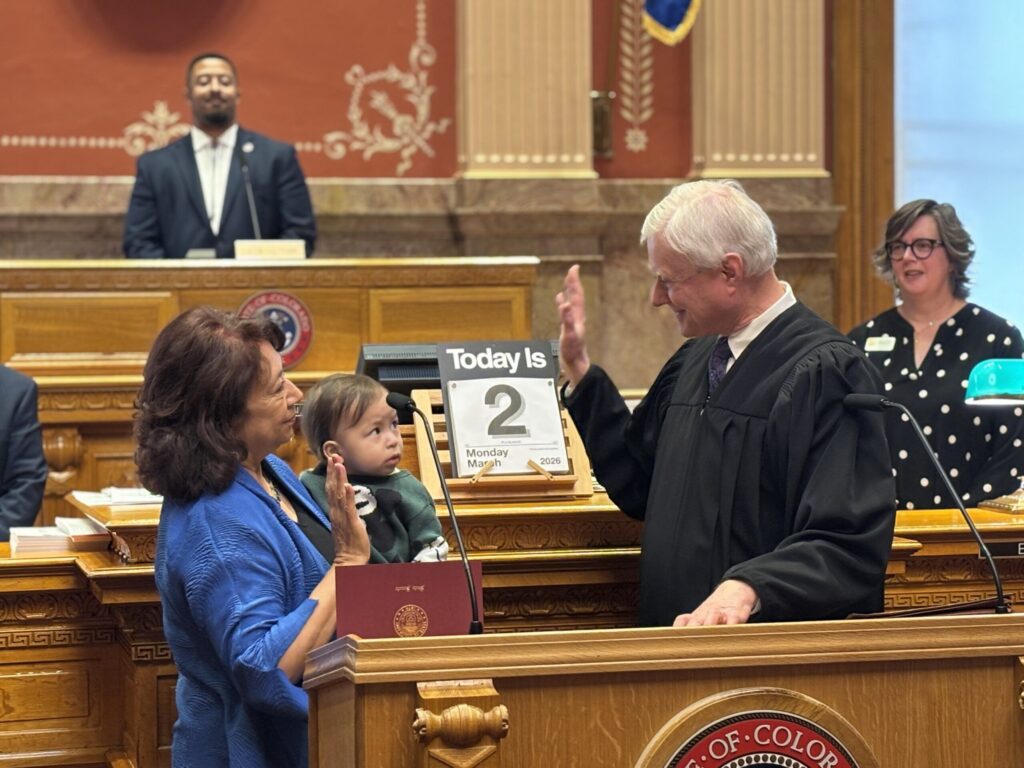Polis should take a page out of Alaska’s playbook | PODIUM
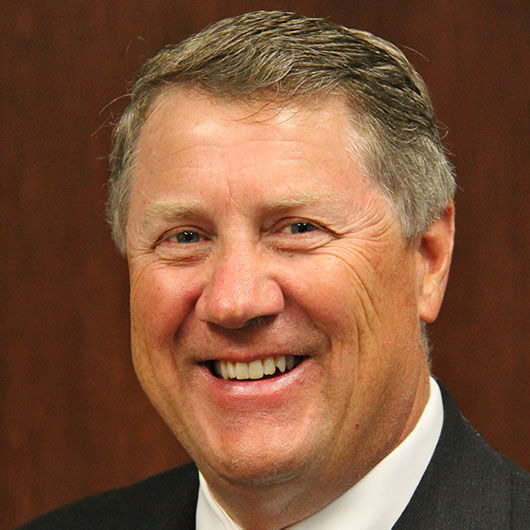
One of the objectives of the recently concluded special session of the Colorado General Assembly was to address an estimated $800 million budget shortfall. Toward accomplishing this, the legislature passed a series of measures including the removal of some business tax credits, elimination of certain corporate deductions and tapping the state’s reserve fund to make up the difference. As part of the overall cost-saving strategy, Gov. Jared Polis also asked state agencies to reduce their budget requests from the prior year by 2.5% and freeze hiring of new positions.
One important action that could have helped both the business sector as well as state government in reducing costs though was not even considered by the legislature. That was a “freeze” or time-out for one year on the promulgation of any new major rules or regulations. This was despite a letter signed by 15 business groups suggesting such a freeze would not only aid in reducing state expenditures but also help the private sector battling a sluggish economy and struggling to comply with the plethora of other rules adopted during the past several years.
Few, outside of those in government and regulatory specialists, may understand or appreciate the public rulemaking process and the time and cost involved.
On the state’s part, development and implementing a substantive new rule or making a significant modification to an existing one may span months, require hundreds of hours of staff time and result in costs that are six or seven figures. On top of these costs are those associated with Attorney General Phil Weiser’s office defending those rules if a court challenge is put forward.
Let’s be clear though, it’s not only state government struggling financially. Currently the state’s economy is sluggish with many companies realizing less business and revenue along with smaller, if not non-existent, profits. As a result, companies have been forced to reduce costs which has led to some businesses releasing or laying off employees while other businesses have closed their doors or moved out of state.
New regulations or major changes to existing ones can prove very costly and time-consuming to affected businesses. In many cases businesses must devote substantial time and funds to the rulemaking process to represent and protect their interests, which takes valuable resources away from other key activities in a company. Further, the specter of additional rules or major changes to existing ones that may add costs or make it more difficult to operate in Colorado adds to uncertainty for businesses and makes them less likely to invest in people, capital and new construction.
It isn’t like Colorado doesn’t already have enough rules, the state has more than 200,000 of them already and according to a study by the Colorado Chamber of Commerce, we rank sixth in the country. In several sectors such as utilities, oil-and-gas production and transportation, Colorado has up to seven times more regulations than the median state. In fact, between 2020 and 2023, business restrictions on private sector companies increased by 7.1%, which outpaced even the federal government (1.3%) where the Biden administration put forward a wide range of new rules and regulations.
Faced with a similar financial challenge as Colorado, Alaska’s governor, Mike Dunleavey, issued an administrative order that placed a freeze on the promulgation of any new regulations or rules. Gov. Dunleavey realized the promulgation of new regulations involves significant costs and time on the part of the state but also has a chilling effect on business in the state. In signing the order, Dunleavy stressed the “need for agencies to focus their attention on the state’s core mission of providing essential services to Alaskans and maximizing operational efficiency”.
Our association encourages Gov. Polis to take a similar action as Gov. Dunleavey of Alaska and place a freeze on any new rules or major modifications of existing ones for one year (minor changes to existing rules and PUC rules would be exempt). Such an action would be a prudent one by the governor toward helping the state avoid substantial costs and staff time, and also be one welcomed by business and industry, who are struggling at this time with inflation and a sluggish economy, and would be hard-pressed to afford the added costs and time of additional regulations.
Jeff Cummings is president and chief executive of Duffy Crane and Hauling, one of Colorado’s oldest companies. Cummings is a former chairman of the board for the Colorado Motor Carriers Association and now serves as chair of its Legislative and Governmental Affairs Committee.


